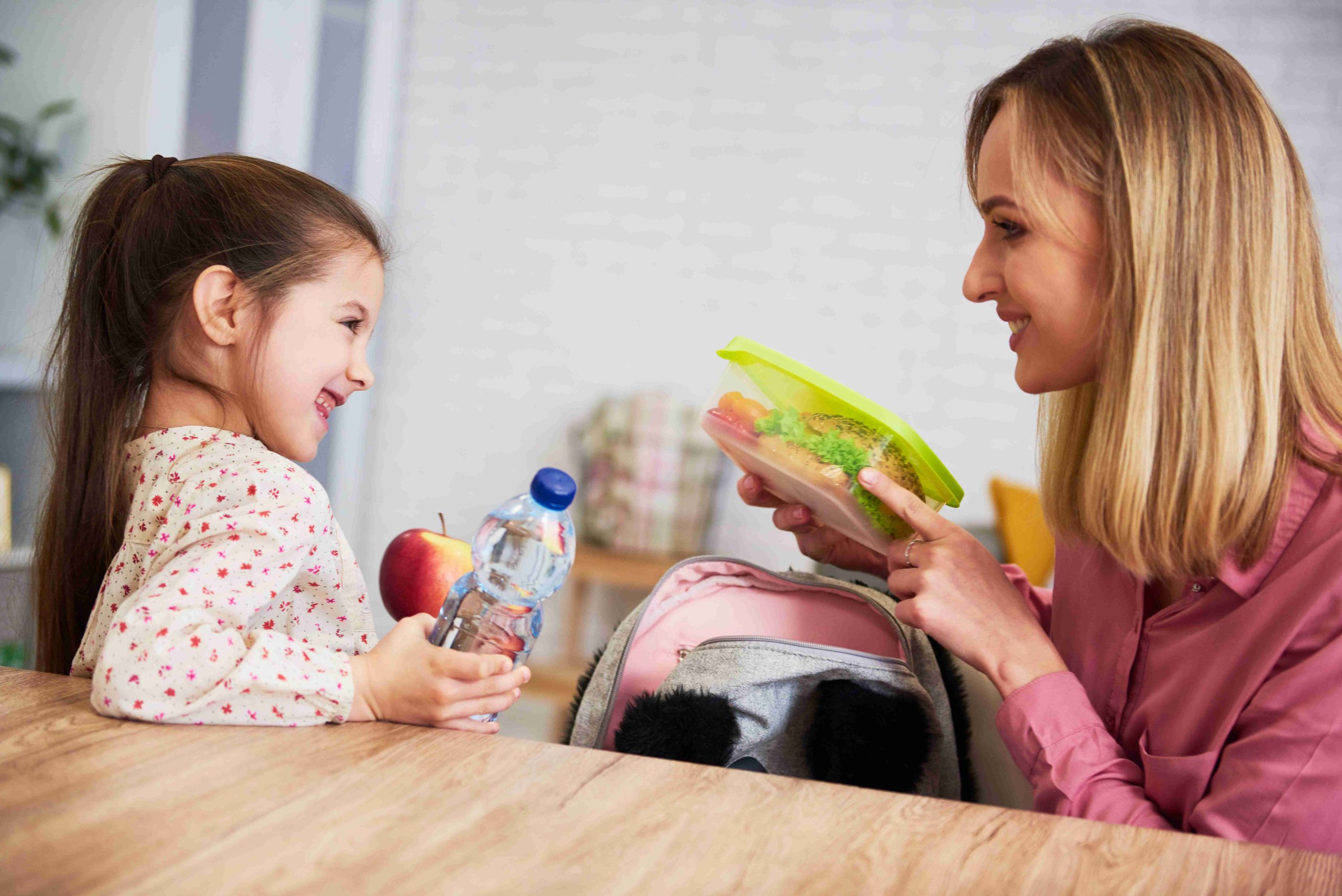
Encouraging Good Eating Habits in Preschoolers: Promoting Healthy Eating for a Bright Future
All of us who are parents or other carers for preschoolers want the best for them. The promotion of good eating practises from a young age is one of the most crucial things we can do to ensure a bright future for our preschoolers. But it can be challenging to know where to start because there is so much contradictory information available. This article will discuss the benefits of encouraging healthy eating in preschoolers, strategies for doing so, foods to encourage and steer clear of, the responsibility of parents and carers, and the significance of fostering a positive mealtime environment.
Why is it important to promote healthy eating in preschoolers?
The early years of a child’s life are crucial for both physical and mental development. To promote their growth and development, preschoolers need a balanced diet that includes all the elements they require. A lifetime of healthy eating habits can help prevent a variety of health issues, including obesity, heart disease, and diabetes. A child’s focus and energy levels can be increased by eating healthily, and this can have a favourable effect on their academic achievement and general wellbeing.
Tips for encouraging good eating habits in preschoolers
- Start early: Introduce a variety of healthy foods early on in your child’s life. This will help them develop a taste for healthy foods and make them more likely to continue eating them as they grow older.
- Involve your child: Encourage your child to help with meal preparation and grocery shopping. This can make them more interested in the foods they eat and more likely to try new things.
- Be a role model: Preschoolers learn by example, so make sure you are modeling good eating habits yourself. Eat a variety of healthy foods in front of your child and talk positively about them.
- Offer choices: Give your child a choice of healthy foods at mealtimes. This can help them feel more in control and more willing to try new things.
- Be patient: It can take several tries before a child will accept a new food. Don’t give up, and keep offering a variety of healthy options.
Foods to avoid and foods to encourage for preschoolers
There are some foods to steer clear of and some foods to encourage while feeding preschoolers. Here are a few instances:
- Avoid these foods:
- Prepared meals: Limit the amount of processed and fast foods your youngster consumes, such as freezer dinners, chips, and fast food meals. These foods frequently contain large amounts of sodium, bad fats, and calories.
- Sugary drinks: These might contain a lot of calories and promote tooth decay. Preschoolers shouldn’t be given sugary beverages and snacks like soda and fruit juice, as well as candies and cookies. These foods may cause weight gain, tooth decay, and other health problems.
- High-fat meats: Limit your child’s intake of high-fat meats, such as bacon and sausage, and opt for lean protein sources like chicken, fish, and beans instead.
- Foods to encourage:
- Vegetables and fruits: Promote daily consumption of a range of fruits and vegetables for your youngster. These can aid in promoting healthy growth and development because they are rich in vitamins, minerals, and fibre.
- Whole grains: To give your child essential nutrients like fibre and B vitamins, choose whole grain breads, cereals, and pasta over processed grains. These provide your child with a good source of energy and can help him or her feel satisfied for longer.
- Lean protein: This can come from sources such as lean meat, fish, eggs, and legumes. Choose lean protein sources like chicken, fish, eggs, and beans to provide your child with the protein they need for growth and development.
The role of parents and caregivers in promoting healthy eating in preschoolers
- Provide a variety of healthy options: Make sure your child has access to a variety of healthy foods, such as fruits, vegetables, whole grains, and lean protein. This will help ensure they are getting all the necessary nutrients for their growth and development.
- Set a schedule for meals and snacks: Eating at regular intervals can help regulate your child’s appetite and prevent them from overeating or snacking on unhealthy foods throughout the day.
- Encourage family meals: Eating together as a family can create a positive mealtime environment and help preschoolers learn healthy eating habits from their parents and siblings.
- Limit screen time: Excessive screen time can contribute to a sedentary lifestyle and unhealthy eating habits. Encourage your child to engage in physical activity and limit screen time to no more than 1-2 hours per day.
- Avoid using food as a reward or punishment: This can create an unhealthy relationship with food and may lead to emotional eating habits in the future.
The importance of creating a positive mealtime environment for preschoolers
- Encourages healthy eating habits: When mealtime is a positive experience, preschoolers are more likely to enjoy and try new foods. If preschoolers feel pressured or stressed during mealtimes, they may become more resistant to trying new foods and may develop negative associations with food.
- Promotes social skills: Mealtime is an opportunity for preschoolers to develop social skills, such as table manners, conversation, and listening. By creating a positive mealtime environment, preschoolers can learn to appreciate the value of shared mealtimes and develop social skills that can benefit them in other areas of their lives.
- Strengthens family bonds: Eating together as a family can help build strong relationships and create a sense of togetherness. By creating a positive mealtime environment, families can connect and bond over shared experiences and create positive memories.
The role of physical activity in promoting healthy eating habits in preschoolers


